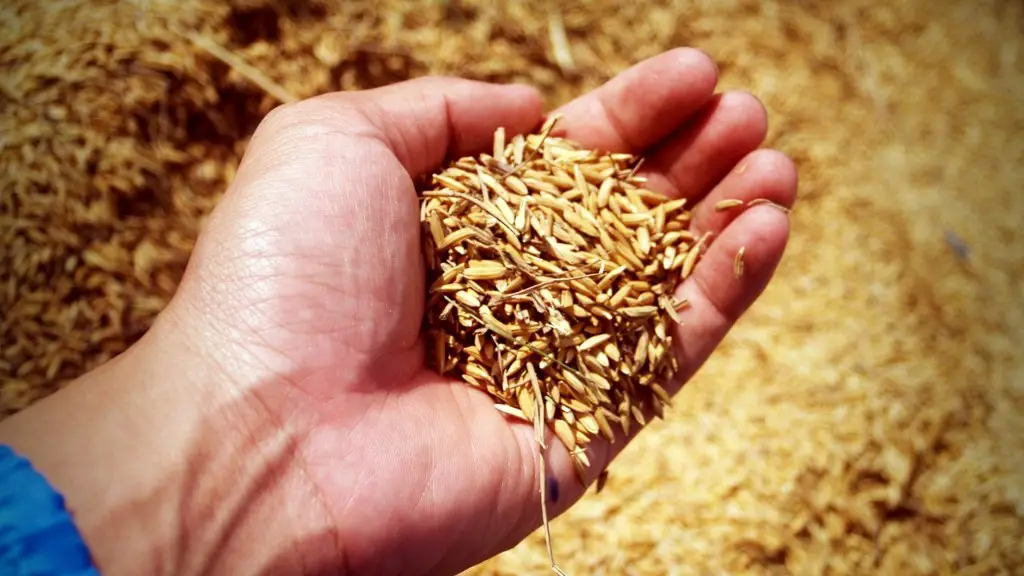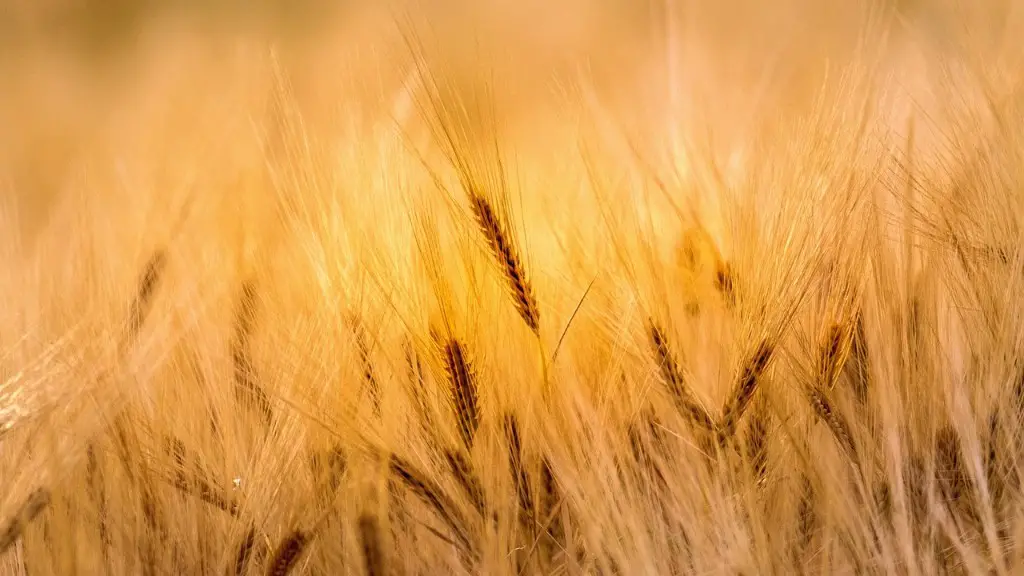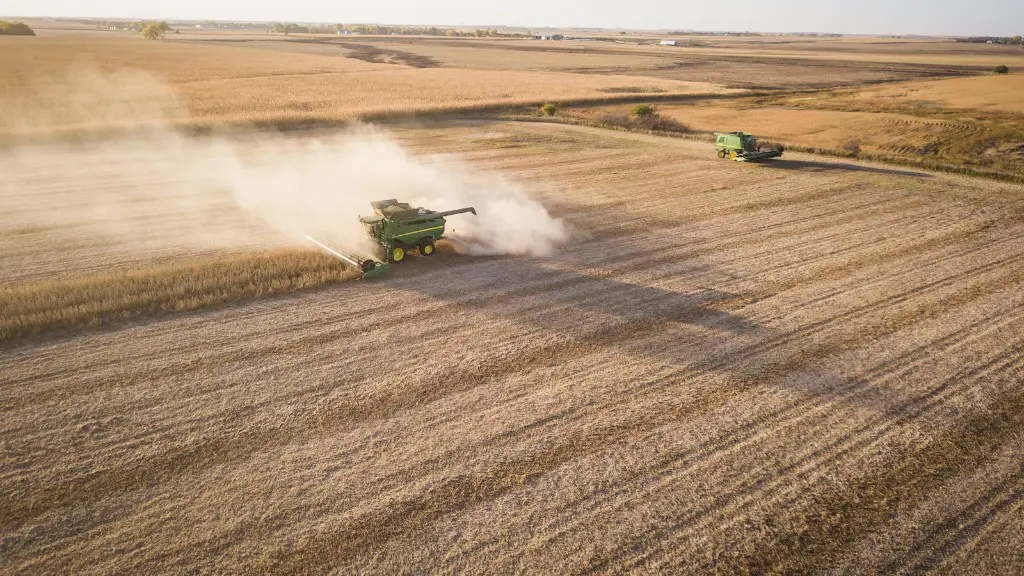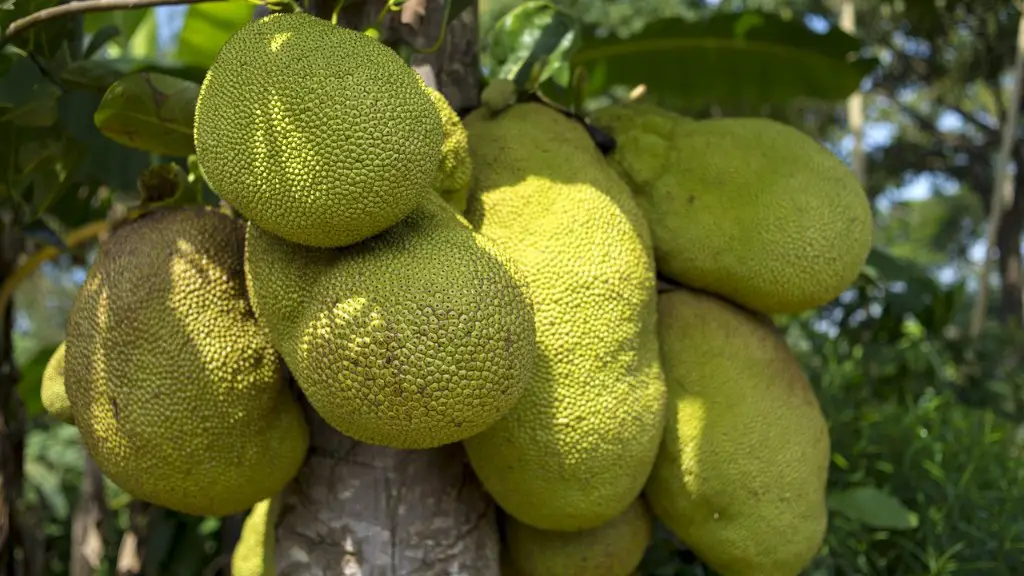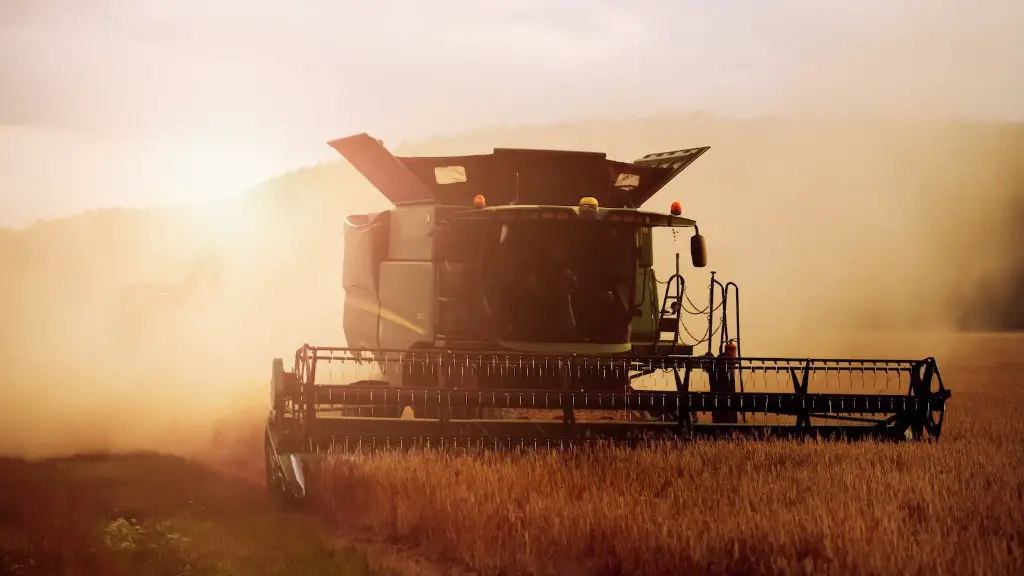In early civilizations, people began to domesticate plants and animals, which led to the development of agriculture. Agriculture allowed for the growth of cities and the rise of civilizations. Over time, the relationship between agriculture and human settlement has evolved, and the two now play a interdependent role in shaping the world. Agriculture provides food and resources, while human settlement provides a stable environment for farming and a market for agricultural products. Together, they form the foundation of modern society.
In many ways, agriculture is the bedrock of human civilization. Agriculture allowed for the domestication of plants and animals, which led to the development of settled communities and eventually cities. Agriculture continues to play a vital role in human society, providing food for billions of people around the world. In recent years, there has been a growing movement to promote sustainable agriculture, which seeks to protect the environment and the long-term viability of the food supply.
How did agriculture lead to settlement?
When early humans began farming, they were able to produce enough food that they no longer had to migrate to their food source. This meant they could build permanent structures, and develop villages, towns, and eventually even cities. Closely connected to the rise of settled societies was an increase in population.
The health of farmers has been an increasing concern in recent years, as the prevalence of many acute and chronic health conditions has been on the rise. These conditions include cardiovascular and respiratory disease, arthritis, skin cancer, hearing loss, and amputations. Other health outcomes, such as stress and adverse reproductive outcomes, have been little studied in the agricultural workplace. However, the evidence that does exist suggests that these conditions are also a concern for farmers.
The health of farmers is an important issue, not only for the farmers themselves, but for the agricultural industry as a whole. With the increased prevalence of chronic health conditions, farmers are at an increased risk for absenteeism, decreased productivity, and premature death. This, in turn, can lead to higher costs for the agricultural industry, as well as decreased food security.
There is a need for further research on the health of farmers, in order to better understand the magnitude of the problem and to develop effective interventions. In the meantime, efforts should be made to improve the working conditions of farmers, including providing better access to health care and safety equipment.
How does economic relate to human settlement
The economic sectors that support the settlement are affected. For example, resource availability could be affected. The demand for the goods and services produced in a particular city could change. This could lead to an increase or decrease in jobs in the city, and a change in the city’s overall economic health.
Urban settlements are places where people live and work in close proximity to each other. The major functions of these settlements are commerce, transport and communication, manufacturing, defense, administration, cultural and recreational activities. Compared to rural settlements, population size and density in urban settlements is high and the settlement size is large.
What is settlement in agriculture?
Settled agriculture is a type of agriculture in which farmers farm on the same plot of land for many years. This type of agriculture is often associated with high yields and stable production, as farmers are able to apply their knowledge of the land to maximize crop production.
Agriculture is one of the most important inventions of humans. It has enabled us to grow all the food we need in one place, with a much smaller group of people. This has led to massive population growth, creating cities and trade. Agriculture has been a key factor in the development of civilization.
How agriculture changed the life of human life?
Over time, agriculture has brought about many important changes in the way humans live. For example, early man gave up his nomadic life and settled down in one place in order to cultivate crops and raise livestock. This meant that he no longer was a wanderer or gatherer, but instead settled down in one place. Additionally, agriculture has allowed humans to grow their own food, which has led to better nutrition and improved health. In sum, agriculture has had a profound impact on the way humans live and has helped to improve the quality of life for many people.
It’s not surprising that many of the first human settlements were along flood plains of rivers. Flood plains offer good quality, fertile soil and a strong water supply – both of which are essential for human settlement. Today, many major cities are still located along rivers, taking advantage of the same resources that first attracted our ancestors.
What does human settlement include
A human settlement is a place where people live. This could be a small village or a large city. People may erect houses and other structures and command some area or territory as their economic support-base.
Human factors can have a significant impact on people’s lives, especially when it comes to things like language, religion or culture. Having a strong social network or support system can make a big difference in someone’s quality of life, and employment opportunities can also be a major factor.
What are 3 types of human settlements?
Scattered settlements are small and widely spaced. They are often found in rural areas and are usually made up of one or two families. Nucleated settlements are large and more closely spaced. They are often found in urban areas and are made up of many families. Linear settlements are long and narrow. They are often found along roads or waterways.
Human settlements can be categorized by their size, location, and the degree to which they have been developed or urbanized. Rural settlements are small, often isolated communities located in agricultural or natural areas. Urban settlements are larger, more densely populated areas that are typically found in developed or industrialized regions. developed settlements are those that have been planned and built with infrastructure such as roads, water, and sewer systems. They often have a higher population density and a more diverse range of economic activity than other types of settlements.
What factors caused the human settlements to expand
The growth of human settlements near river valleys can be attributed to a number of factors, chief among them being the availability of water and fertile land. With the development of trade, commerce and manufacturing, these settlements grew larger and more complex, becoming the bustling metropolises we see today.
Agricultural development about 12,000 years ago changed the way humans lived. They switched from nomadic hunter-gatherer lifestyles to permanent settlements and farming. This change in lifestyle allowed for the development of civilizations and the advancement of human knowledge.
Which settlement is agriculture settlement?
A rural settlement is any settlement where most of the people are engaged in primary activities like agriculture, forestry, mining, and fishery. Most rural settlements are located in rural areas, but there are also some that are located in urban areas.
A settlement’s function refers to the economic and social development of a place. Most large settlements have more than one function, though in the past, one function was maybe the most important in defining the success and growth in importance of the settlement. For example, a settlement’s primary function may have been farming, but as the settlement grew, other functions, such as trade and manufacturing, became more important. Today, a settlement’s function is often determined by its location, as many settlements are now defined by their proximity to larger towns and cities.
What are 3 reasons why agriculture is important
Agriculture is vital for a number of reasons. It is the main source of raw materials for many industries, it is vital to international trade, it plays a significant role in a nation’s revenue, and it provides employment for millions of people worldwide. Agriculture is also crucial to a country’s development and can help heal the environment.
In Colonial America, agriculture was the primary livelihood for 90% of the population, and most towns were shipping points for the export of agricultural products. Most farms were geared toward subsistence production for family use. This meant that farmers produced just enough food to feed their families and had little surplus to sell. However, the rich soil and favorable climate in parts of Colonial America meant that some farmers were able to produce large surpluses. These surpluses were then sold to others in the community who did not have enough to subsist on their own.
Warp Up
Agriculture is the basis for human settlement. Agriculture allowed for the domestication of plants and animals, which led to the development of civilizations. Agriculture allowed for the growth of cities and the rise of civilizations. The agricultural revolution led to the industrial revolution, which allowed for the growth of the human population and the development of technology. Today, agriculture is still the basis for human settlement, as it provides food and resources for people to live.
There are many ways that agriculture relates to human settlement. Agriculture provides food and resources that are necessary for human settlements to thrive. Without agriculture, human settlements would not be able to survive. Additionally, agriculture can also be used to help control the environment in human settlements. For example, agriculture can be used to help stabilize soil, regulate temperature, and provide other benefits.

